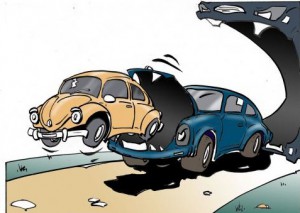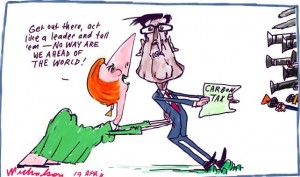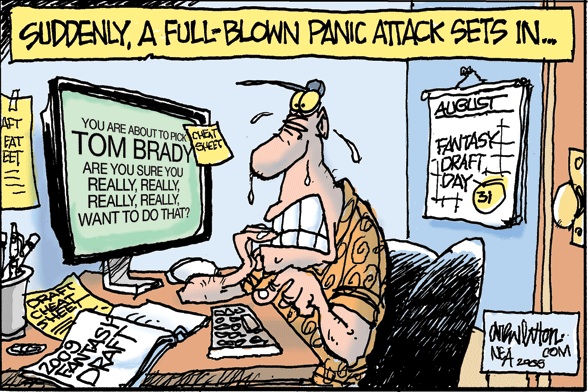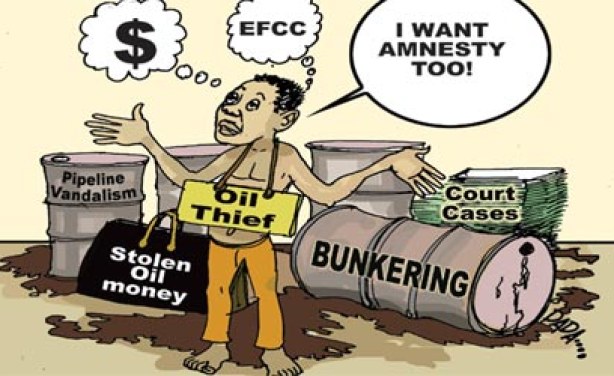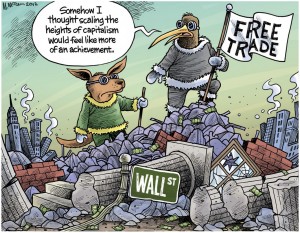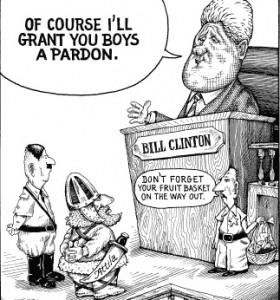Why is Lombard Odier, Swiss investment bank, going to Japan? It was the second greatest number of millionaires in the world — after the US.
Geneva’s oldest private bank, plans to expand its private banking business in Japan, adding about 10 wealth management employees in a bid to double its client base and assets over the next two years.
The bank, which manages a total of 209 billion Swiss francs ($216 billion) on behalf of clients, will boost its headcount in Japan to around 40 with the hiring plan, said Keiichi Hirano, head of Lombard Odier’s Japanese private banking operation.
Japanese households had 1,717 trillion yen ($14.3 trillion) in financial assets as of June, of which about 52 percent was in cash, Bank of Japan figures show. Foreign banks are competing with local lenders to manage the assets, seeking to generate higher fees as low interest rates depress their income from loans.
“Japanese individuals are more keen than ever to protect their assets by themselves,” Hirano, senior managing directer at Lombard Odier Trust (Japan) Ltd., said in an interview. “They are anxious about Japan’s future as the nation is facing deficits, a falling birth rate and an aging population.”
Standard & Poor’s last month cut Japan’s long-term credit rating one level to A+, saying it sees little chance of Shinzo Abe’s government turning around the poor outlook for economic growth and inflation over the next few years. The International Monetary Fund estimates public debt will increase to about 247 percent of gross domestic product next year.
Lombard Odier plans to double the number of its clients and assets under management by 2017, Hirano said. He declined to give specifics, though he said the firm has a total of $8 billion of assets in Asia. It will mainly hire private bankers, as well as sales assistants and fund managers as part of the expansion plan, Hirano said.
Credit Suisse Group AG, UBS Group AG, Mitsubishi UFJ Financial Group Inc., Sumitomo Mitsui Trust Holdings Inc. and Sumitomo Mitsui Financial Group Inc. are among the leading wealth managers targeting Japan’s rich.
Lombard Odier has alliances with seven regional financial firms, including Bank of the Ryukyus Ltd., Kagawa Securities Co., Chiba Bank Ltd. and Shizuoka Bank Ltd., to introduce wealthy clients in their local areas to the Swiss firm. The firm plans to make alliances with another seven regional banks by 2017 to gain more clients, and it is currently in talks with a couple of local lenders, Hirano said.
The Geneva-based bank will seek to tap company owners, executives and family firms to manage their investments, he said. The firm will also target wealthy young Japanese who can afford to invest at least 300 million yen.
“Those who have obtained wealth at young age from inheritance, or talent in art and sports, have a need to secure their fortunes and increase them in the long term,” Hirano, 48, said.
Japan has the world’s second-highest population of millionaires, trailing only the U.S., Capgemini and RBC Wealth Management said in their 2015 World Wealth Report. The number of people in Japan with more than $1 million of investable assets rose 5 percent to 2.45 million last year, according to the June survey.
Lombard Odier was founded in 1796 and has 2,150 employees worldwide in more than 20 locations, including New York, London and Hong Kong. The firm set up its Japan office in 1992.
Hirano joined Lombard Odier in 2013. He started his career atYamaichi Securities Co. in 1989 after graduating from Tokyo University of Foreign Studies, and later worked at Societe Generale SA.



